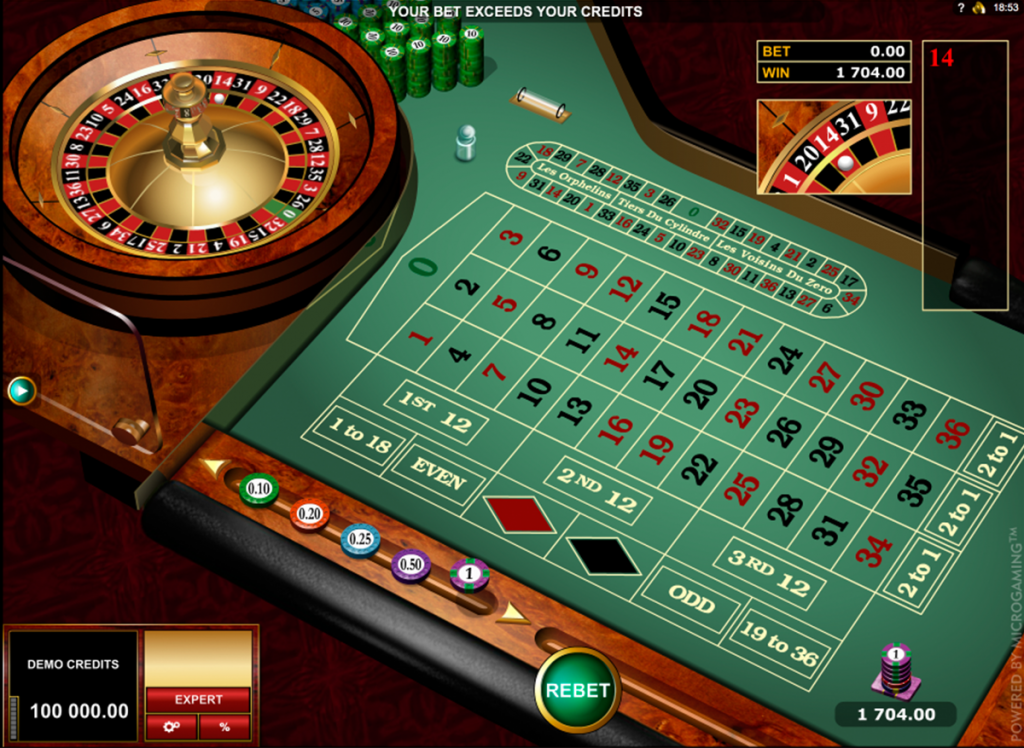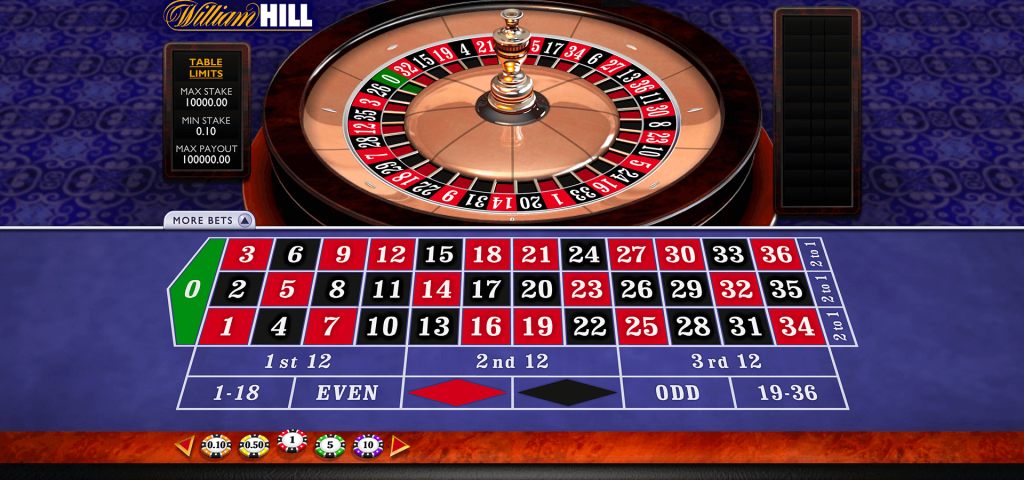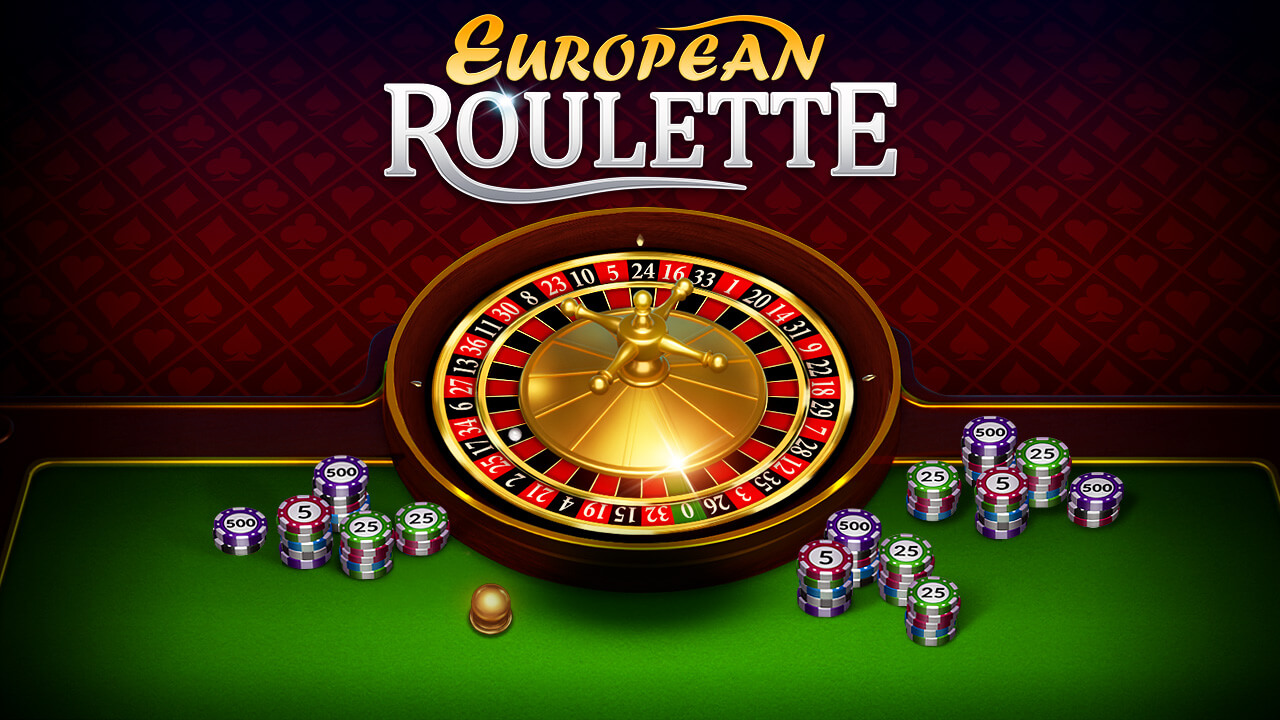Before delving into the European variant, it is first necessary to talk about its predecessor, French roulette.
For more than a century, French roulette was played only with numbers from 1 to 36, although it was not very popular. It was not until 1842 that the brothers François and Louis Blanc incorporated the “0” into the wheel. This caused the game to quickly become popular with casino owners, as it left a greater margin for the house.
Shortly after this new modification to roulette, betting was banned in France. This caused the Blanc brothers to move to Monte Carlo to open the country’s first casino. It soon became one of the main gambling destinations for the aristocracy, where roulette, along with other casino games, played a major role.
The arrival of European roulette

This boom brought minor modifications to the original roulette, such as, for example, the French texts on the betting table. These were changed to English and even in some cases, as they made the game easier for visitors. All these variations gave rise to what we know today as European roulette.
Betting strategies
As with the other variants, European roulette is dominated by chance. However, there are some betting strategies, which can improve the odds of winning. Among the most popular are
Martingale
This technique is based on doubling your bet if you lose, and repeating the initial bet if you win. With this strategy you could recoup several losses quickly, although your available budget and/or betting limits may affect the results.
Fibonacci System
This is based on the well-known mathematical sequence and suggests that when you win you keep your bet. However, if you lose on two consecutive occasions, you will have to bet the sum of the two previous bets.
D’Alembert Method
This strategy is based on the principle of the law of equilibrium. In this strategy, you will have to increase your bet by one unit each time you don’t win. Otherwise, if the result is positive, decrease it in the same way.
Tips for beginners

In addition to applying any kind of strategy, you can take into account other aspects that can help you to have better results. Thus, we recommend that when playing European roulette:
- Establish a fun-only budget beforehand, which does not affect your personal commitments.
- Do not insist on long losing streaks, it is better to come back another day.
- Do not gamble for long periods of time, remember that compulsive gambling is a very serious disease.
- Before playing for real money, practice with free versions or use the bonuses offered at online casinos.
- Include several roulette wheels in your selection.
- Don’t get carried away by superstitions and patterns of other roulette wheels, especially when playing online.
Conclusion
European roulette is undoubtedly an excellent alternative and simple dynamic where you can have fun and win real money at the same time. Among the variants, this is the one preferred by the public. This is mainly due to the fact that it offers better opportunities to the player. In addition, its properly identified table facilitates the placement of bets and speeds up the dynamic.
